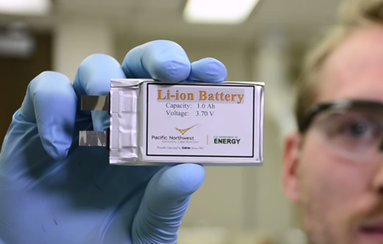In a review paper in the journal Nature Materials, Jean-Marie Tarascon (Professor at College de France and Director of RS2E, French Network on Electrochemical Energy Storage) and Clare Gray (Professor at the University of Cambridge), call for integrating the sustainability of battery materials into the R&D efforts to improve rechargeable batteries.

The pair argue for the selection of chemistries that have a minimum footprint in nature and that are more readily recycled or integrated into a full circular economy.
 Concerns over sustainability as well as cost directs that battery lifetimes must be greatly improved, and second-life applications considered during the development phase. As part of this, Gray and Tarascon suggest, the state of health of batteries must be monitored continuously during operation to minimize their degradation. This requirement, in turn, pushed the boundaries of operando techniques to monitor increasingly complex processes.
Concerns over sustainability as well as cost directs that battery lifetimes must be greatly improved, and second-life applications considered during the development phase. As part of this, Gray and Tarascon suggest, the state of health of batteries must be monitored continuously during operation to minimize their degradation. This requirement, in turn, pushed the boundaries of operando techniques to monitor increasingly complex processes.In their paper, they discuss key advances in both more sustainable chemistries and operando techniques, along with some of the remaining challenges and possible solutions, as we personally perceive them.
